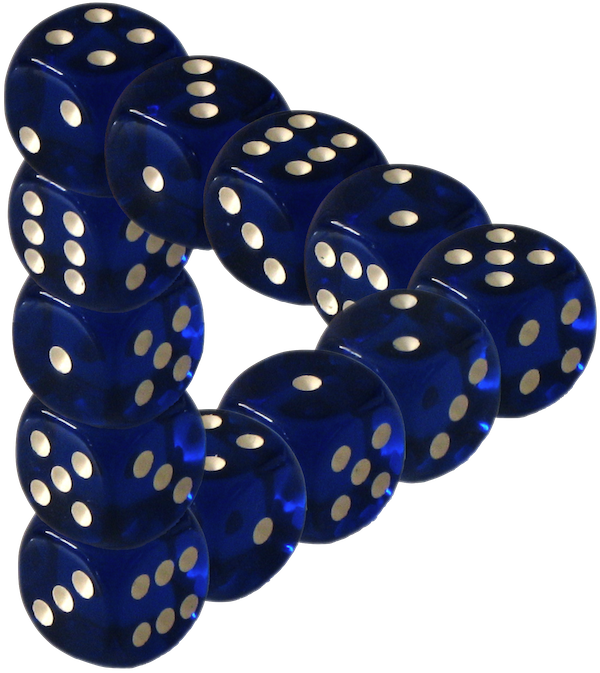EvoLudoLab: Moran process on the Star graph: Difference between revisions
No edit summary |
No edit summary |
||
| (2 intermediate revisions by the same user not shown) | |||
| Line 1: | Line 1: | ||
{{EvoLudoLab:Moran| | {{EvoLudoLab:Moran| | ||
options="-- | options="--module Moran --run --delay 10 --view Strategies_-_Structure --timestep 10 --popupdate B --popsize 498 --geometry s --init mutant 1,0 --fitness 1,2"| | ||
title=Evolutionary dynamics on the star graph| | title=Evolutionary dynamics on the star graph| | ||
doc=The invasion dynamics of a beneficial mutation typically occurs in three phases: (i) first, rare mutants increase at a slower rate; (ii) once established, mutants quickly take over the majority of the population; (iii) during the last phase it takes a long time until the last remaining resident has been replaced. Extinction of mutants almost always happens in the first phase and the mutant fails to establish itself in the population. | doc=The invasion dynamics of a beneficial mutation typically occurs in three phases: (i) first, rare mutants increase at a slower rate; (ii) once established, mutants quickly take over the majority of the population; (iii) during the last phase it takes a long time until the last remaining resident has been replaced. Extinction of mutants almost always happens in the first phase and the mutant fails to establish itself in the population. | ||
For the simulations, the population size is \(N=498\), the fitness of residents is set to \(1\) and that of mutants to \(2\). Thus, a single mutant has approximately a \(75\%\) chance to take over the population - a significant increase when compared to a \(50\%\) chance in the original Moran process. Typically it takes between \(4'500-6'500\) generations for the mutant to reach fixation.}} | For the simulations, the population size is \(N=498\), the fitness of residents is set to \(1\) and that of mutants to \(2\). Thus, a single mutant has approximately a \(75\%\) chance to take over the population - a significant increase when compared to a \(50\%\) chance in the original Moran process. Typically it takes between \(4'500-6'500\) generations for the mutant to reach fixation.}} | ||
Latest revision as of 13:35, 12 August 2024
| Color code: | Residents | Mutants |
|---|---|---|
| New resident | New mutant |
| Payoff code: | Residents | Mutants |
|---|
Evolutionary dynamics on the star graph
The invasion dynamics of a beneficial mutation typically occurs in three phases: (i) first, rare mutants increase at a slower rate; (ii) once established, mutants quickly take over the majority of the population; (iii) during the last phase it takes a long time until the last remaining resident has been replaced. Extinction of mutants almost always happens in the first phase and the mutant fails to establish itself in the population.
For the simulations, the population size is \(N=498\), the fitness of residents is set to \(1\) and that of mutants to \(2\). Thus, a single mutant has approximately a \(75\%\) chance to take over the population - a significant increase when compared to a \(50\%\) chance in the original Moran process. Typically it takes between \(4'500-6'500\) generations for the mutant to reach fixation.
Data views
| Snapshot of the spatial arrangement of strategies. | |
| 3D view of snapshot of the spatial arrangement of strategies. | |
| Time evolution of the strategy frequencies. | |
| Snapshot of the spatial distribution of payoffs. | |
| 3D view of snapshot of the spatial distribution of payoffs. | |
| Time evolution of average population payoff bounded by the minimum and maximum individual payoff. | |
| Snapshot of payoff distribution in population. | |
| Degree distribution in structured populations. | |
| Statistics of fixation probability for each vertex where the initial mutant arose. | |
| Statistics of conditional fixation times of residents and mutants as well as absorption time for each vertex where the initial mutant arose. | |
| Message log from engine. |
Game parameters
The list below describes only the few parameters related to the evolutionary dynamics of residents and mutants with fixed fitness (constant selection). Numerous other parameters are available to set population structures or update rules on the player as well as population level.
- --fitness <r,m>
- fitness of residents r and of mutants m.
